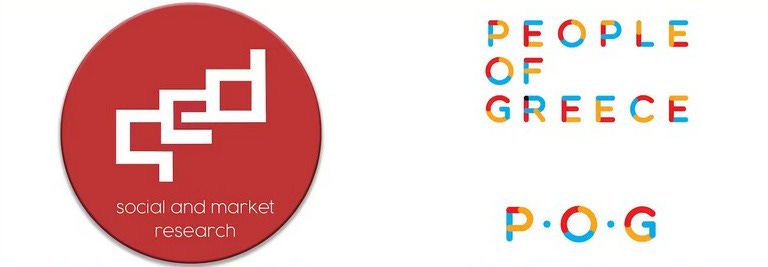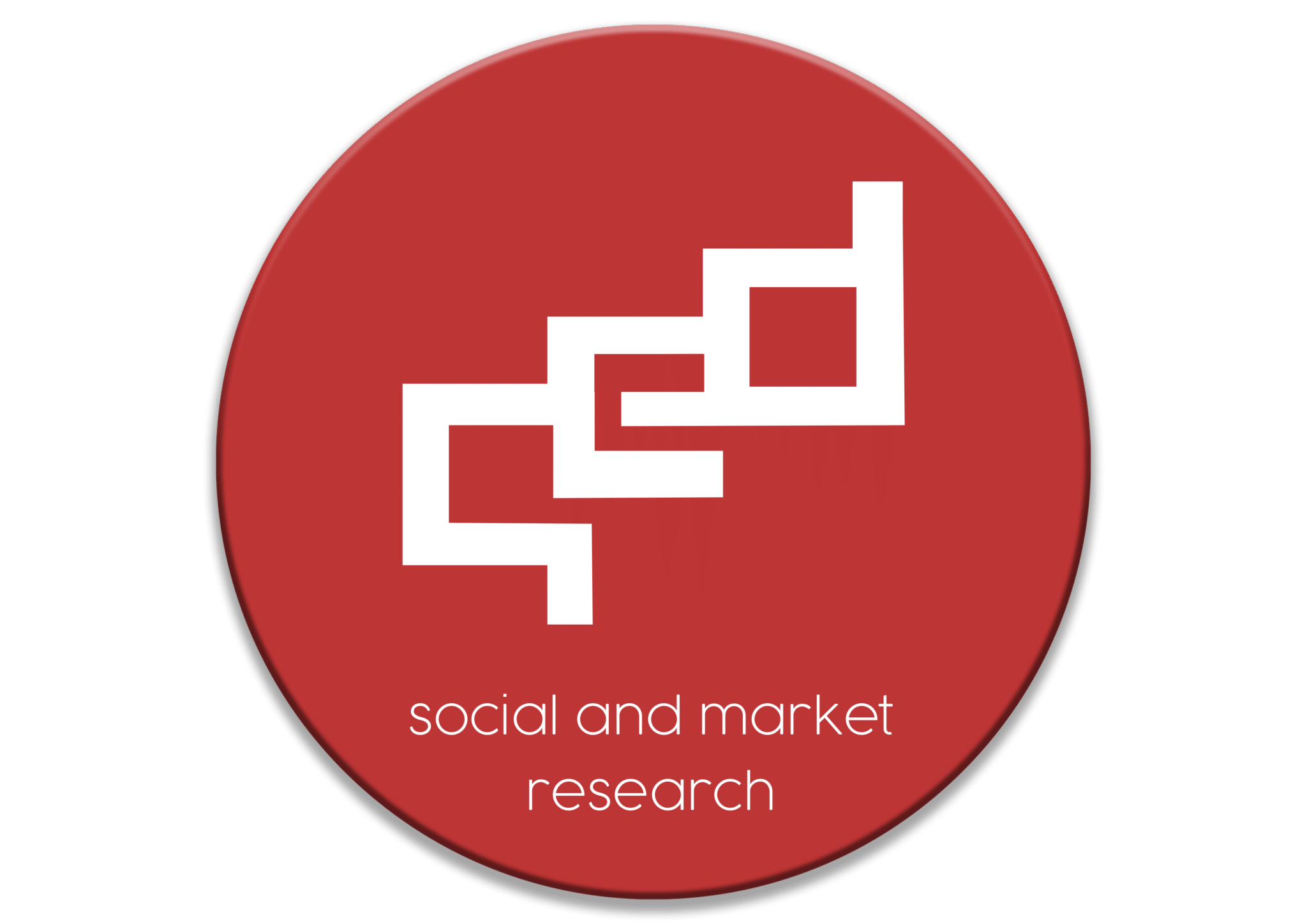
Week 3-10/9:
This week, Greeks:
- watched the speeches of Kyriakos Mitsotakis and Alexis Tsipras on the sidelines of the Thessaloniki International Fair,
- explored higher education options at newly established private universities, and
- many of them weighed up the importance of job selection criteria,
- and assessed the past summer in terms of opportunities for holidays and relaxation.
What do we learn about Greece and the Greeks from this week’s findings?
-
The issue of private universities is divisive and strongly linked to age, social class, and educational level. Younger and less privileged people view them positively, probably because they perceive public education as a mechanism that effectively excludes them, due to the high cost of prerequisites such as high school tutoring and accommodation in a city far from their families. Older and more educated people are more skeptical, showing confidence in the public system or reservations about privatization.
- There is a crisis of representation and fatigue with regard to “established” politicians. Greeks appear very distrustful of political leaders: none of them exceeds 20% in terms of “usefulness,” while appearances at major events (TIF, Economist) do not substantially change the image of the leaders. Evidence of the need for new voices outside the traditional political scene is the high degree of usefulness recorded for Maria Karistianou.
- Younger generations in Greece appear to be more demanding and more conscious of the quality of work, and less willing to compromise their personal values. Older generations remain more focused on compatibility with their studies and professional careers.
-
Economic inequalities are strongly reflected in leisure activities, as more than half of lower-income Greeks did not go on vacation. Island Greece is becoming increasingly inaccessible for many households due to cost, with mainland Greece being preferred for travel by car. Even when Greeks do travel, they see overtourism as a problem that detracts from the experience.
What did the survey reveal?











